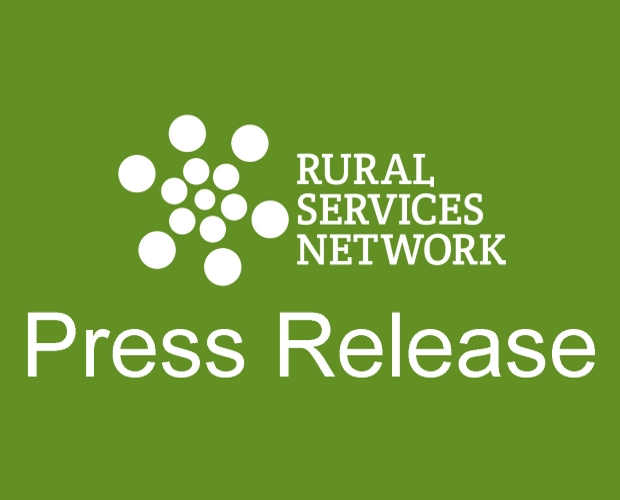T: 01822 851370 E: [email protected]
settlement
Under the Provisional Settlement proposals, the gap in funding between rural and urban areas will, in fact increase. There is therefore a continuation of historic underfunding and unfairness for rural communities. Once again, through the proposals, rural residents, communities,...
The gap in funding is increasing yet further The Government yesterday announced the Provisional Settlement for Local Government for 2023/2024 and launched the consultation on the proposals which close on 16th January 2023. This followed a Local Government...
As detailed in the Local Government Chronicle - Councils can expect a funding settlement covering the next two financial years and are to face greater scrutiny from a new Office for Local Government, the levelling up secretary has announced ...
The Government published the provisional local government finance settlement for 2022-23 on 16 December 2021 A more detailed review of the proposals by the RSN’s local government finance consultants (Pixel Financial Management) will be sent to members as...
2022-2023 Provisional Local Government Finance Settlement Announcement Thursday 16th December 2021 The Rural Services Network welcomes the 2022-2023 Provisional Local Government Finance Settlement, announced today by the Rt Hon Michael Gove. The RSN is the national...
The Rural Services Network (RSN) is pleased that the Final Settlement for Local Government, announced last week in Parliament with a written statement from the Minister, includes the additional £4 Million pounds for the Rural Services Delivery Grant set out...
The Government announced the Provisional Local Government Finance Settlement on 17th December 2020 This sets out the funding that Local Authorities will receive for the period 2021-2022. The Rural Services Network is concerned that once again,...
The MJ reports that local government officials are expecting a ‘devolution revolution’ after Thursday’s election result During this tenure in office, the Prime Minister has backed further mayoral models and supported extending powers for existing deals. In its...
RSN response to Provisional Local Government Finance Settlement The Rural Services Network has long campaigned for fairer funding for rural areas and it today welcomed the additional £16million allocation to the Rural Services Delivery Grant by the Government in the...
Local Government Secretary James Brokenshire announced last week the Government’s proposed 2.8 per cent funding increase for local authorities, as reported by PublicFinance.co.uk. This is, however, dependent on local authorities raising council tax to the highest amount possible and...
NEWSLETTER
Sign up to receive all our latest news and updates.
HOT TOPICS
Amid reduced public spending, fair resource allocation across regions is crucial. Despite a population larger than Greater London, rural areas receive significantly less funding for essential services, even though delivering these services in rural areas is more expensive.
Economic growth is widely acknowledged as essential for national wealth and prosperity and is a priority for political parties. Rural economies, employing millions and home to a higher proportion of small businesses, have potential for growth if barriers are removed.
Rural residents face distinct healthcare challenges, including limited access to transport, longer distances to medical facilities, an aging demographic, housing inadequacies, digital connectivity gaps, and difficulties recruiting health and care workers.
Rural communities are grappling with a severe affordable housing crisis, marked by high house prices, a lack of affordable housing, elevated living costs, and lower incomes, threatening their sustainability and vitality.
Transport is vital for the quality of life and economic health of rural areas, yet it faces challenges such as infrequent public bus services and less Government funding compared to urban regions.
Rural areas, encompassing a substantial portion of England's population and land, play a pivotal role in combating climate change and achieving the net zero target.
In an increasingly digital world, the lack of robust digital infrastructure in rural areas severely limits access to crucial services and stifles economic growth.
A future-focused vision for rural communities involves not just building the right homes in the right places but also ensuring thriving, sustainable communities.
SIGN UP TO OUR NEWSLETTER
Sign up to our newsletter to receive all the latest news and updates.






